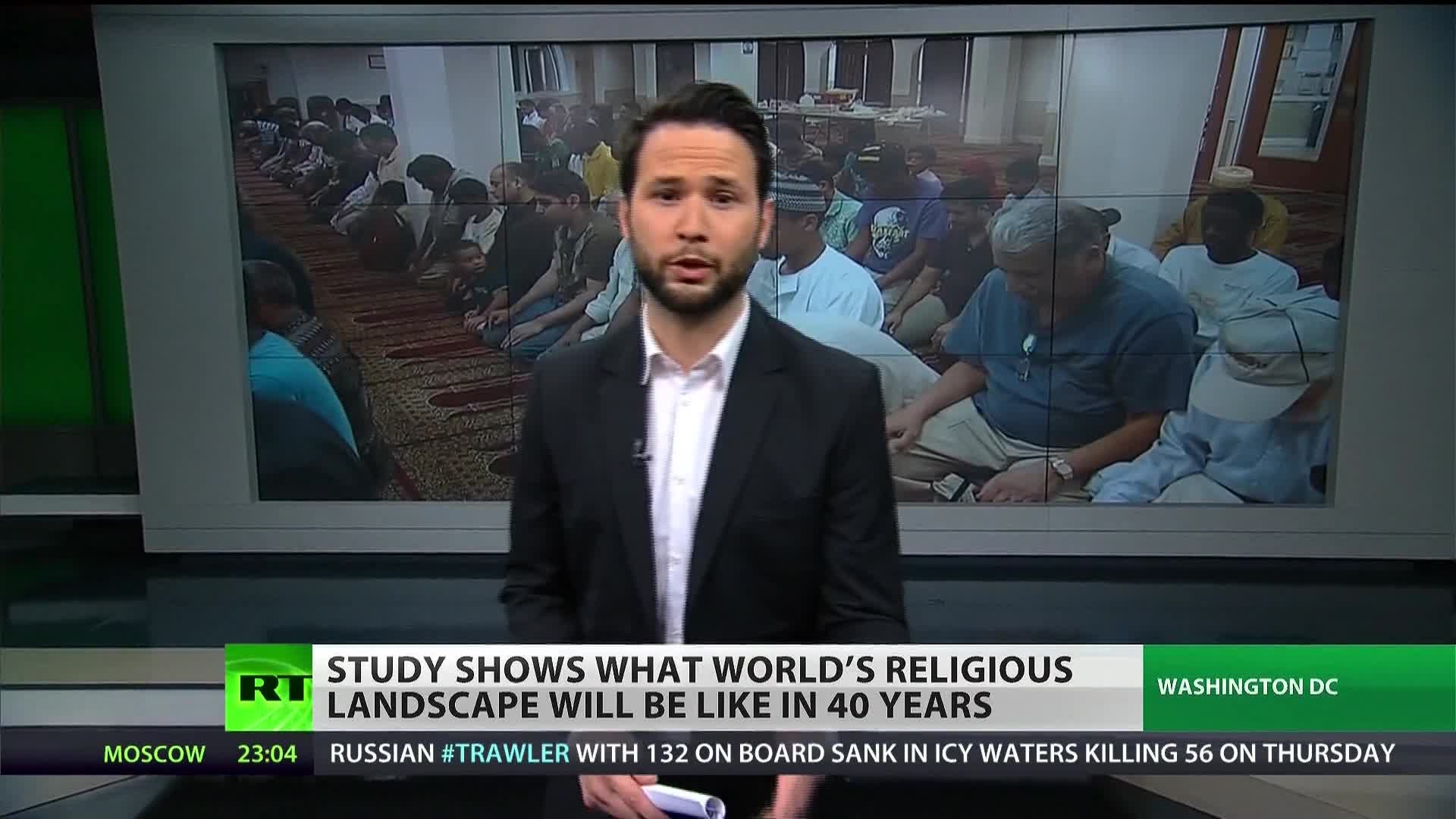A while back we reported on the decline of many churches in Northern Ireland. A recent survey of global attitudes towards religion highlights similar issues. Of 65 countries included, the UK comes out as the sixth least religious country with only 30% identifying themselves as religious, 53% as non-religious and 13% atheist. The corresponding figures for Ireland are 45%, 41% and 10%. These figures are very different from the most recent census figures from 2011 when just 25% in the UK and 6% in Ireland reported no religious affiliation. How can there be such a difference? Has the non-religious/atheist percentage really gone up from 6% to 51% in Ireland?
The explanation is due to the question that was asked. The recent survey asked people whether they would describe themselves as a religious person and that is rather different from having a religious affiliation. Many people might have a religious affiliation, but don’t attend a place of worship on a regular basis or practise their religion in any meaningful sense and so would not describe themselves as religious. Of course, many of the non-religious may well still believe in God, which is why the number of atheists is still relatively low. But arguably this survey captures something that is absent from the census and gives us more of a snapshot in terms of religious practice.
The picture in many other parts of the world is very different. Overall, 63% of people described themselves as religious and, interestingly, the percentage is highest among young people with the highest percentage of atheists among older people. This suggests that far from religion being in permanent decline, it looks set not only to survive but to increase. This is consistent with another recent survey which predicts that atheism, agnosticism and others not religiously affiliated will decline as a share of the world’s population between now and 2050. They do predict that the non-affiliated percentage will rise in the UK and Ireland (to 38.9% and 12.1% respectively by 2050) and many other European countries, but the trend will be very different elsewhere.
Recently, after a talk, I was asked why religious belief is lower among better educated people. I’ve heard some people say this, but I wasn’t sure how good the evidence was for it. According to this survey (see here), it is lower among people educated to secondary level or above, but religious belief is slightly higher (and atheism slightly lower) among those educated to postgraduate level (compared to those educated to undergraduate level), although the differences are relatively small. Some evidence from the US suggests that levels of education are higher among religious believers (although not for all religious groups) compared to non-religious people. Another global level study indicates that wealthier nations tend to be less religious and greater wealth is often assumed to mean greater levels of education, but without knowing how religious belief relates to education within those countries that conclusion is not obvious. Related to this, even if there is a correlation it may not be a cause; greater wealth might be the cause, not greater education. My answer, however, was that there all sorts of historical and cultural reasons why universities in western Europe are dominated by secular thinking and my own impression is that many well-educated people who reject religious beliefs do so more for cultural, rather than intellectual reasons. Furthermore, truth is not decided by majority vote (one way or the other) so the only way to decide is to consider the case on both sides of the argument.
The predictions noted above aren’t very positive for the non-religiously affiliated/agnostic/ atheist groups, at least globally, but Christians can’t take too much encouragement from them either. Based on current trends, Islam is set to rise faster globally and in the UK and Ireland the predictions suggest that more people will move to the non-affiliated/agnostic/atheist groups. Confirming the message of our earlier article, there is certainly a lot of work for Christians to do to carry out the Great Commission.

